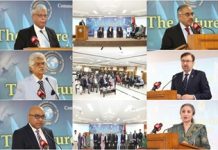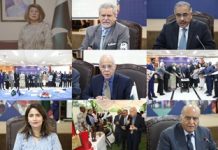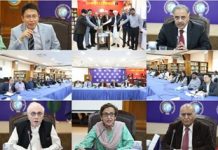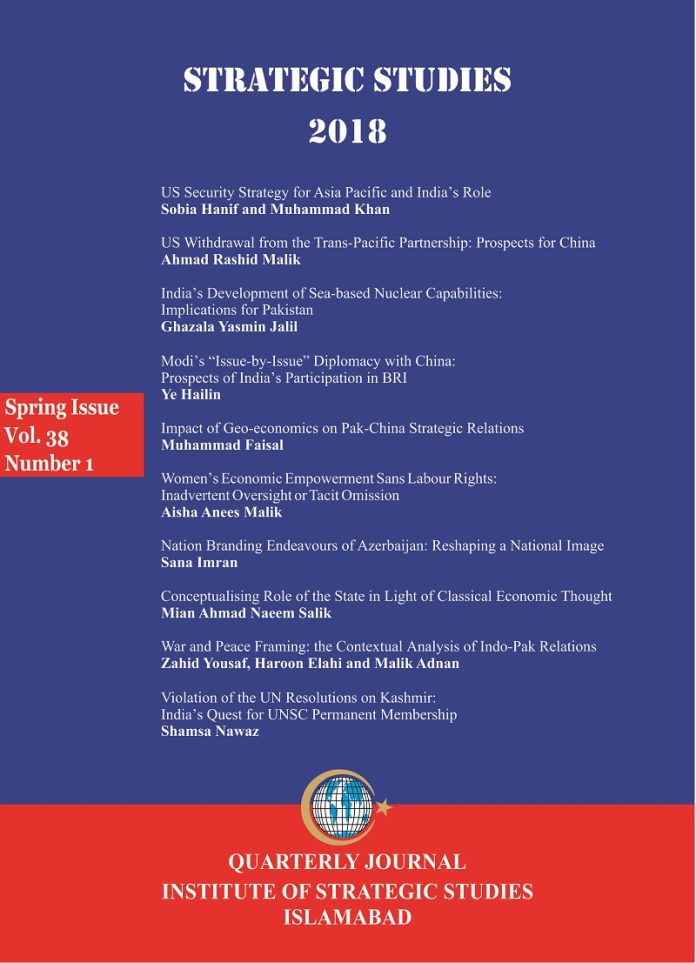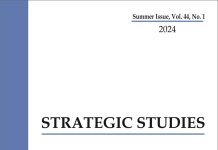Abstract
India’s bid to become a permanent member of the United Nations Security Council (UNSC) to achieve the organisational power play remains unfulfilled. It is more to gain supremacy to refute the UNSC resolutions and gloss the continuing atrocities in the Indian Occupied Kashmir (IOK) completely. The Resolution 48 is the oldest of the UNSC resolutions waiting for its implementation since1948. It called for a plebiscite in the IOK to determine its sovereign status according to the will of its people. The reassertion of the Indian External Affairs Minister, Sushma Swaraj, in her address to the UN in November 2016, declaring the IOK as an “integral part of India” is a barefaced non-compliance to the global institutional framework meant to harmonise, supplement and enforce the peace efforts in the world according to the UN Charter. Swaraj’s reference to the insurgency in Balochistan, in her address to the UN, is yet another blatant antithesis of the principles enshrined in the Charter to respect the mutual sovereignty and coexistence. In 2017, the Organisation of Islamic Cooperation (OIC), has also urged India to implement the resolutions of the UNSC.1 A country, in violation of the human rights, UNSC resolutions and international norms, does not qualify to be a member of the crisis-management body. India has certainly failed to set an example.




